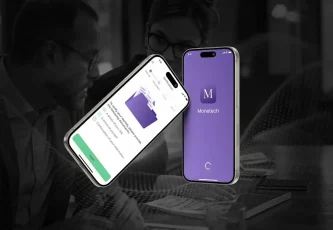About the Author
Viacheslav Kostin is the CEO of WislaCode. Former C-level banker with 20+ years in fintech, digital strategy and IT. He led transformation at major banks across Europe and Asia, building super apps, launching online lending, and scaling mobile platforms to millions of users.
Executive MBA from IMD Business School (Switzerland). Now helps banks and lenders go fully digital - faster, safer, smarter.








